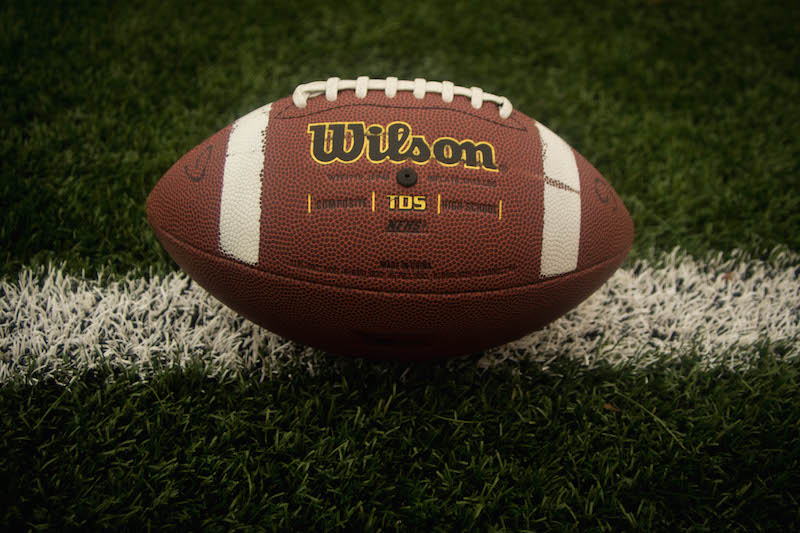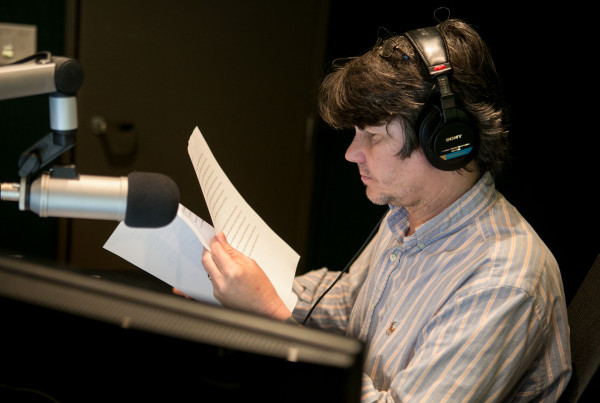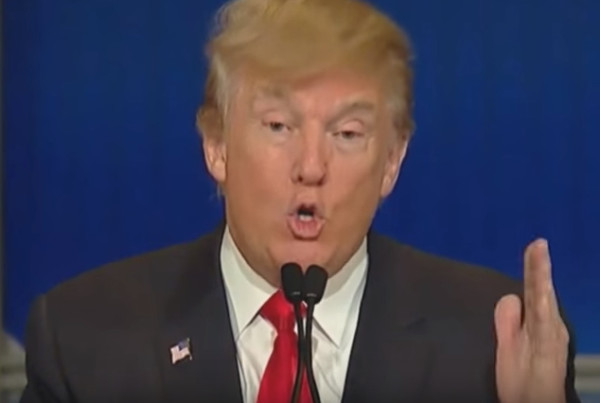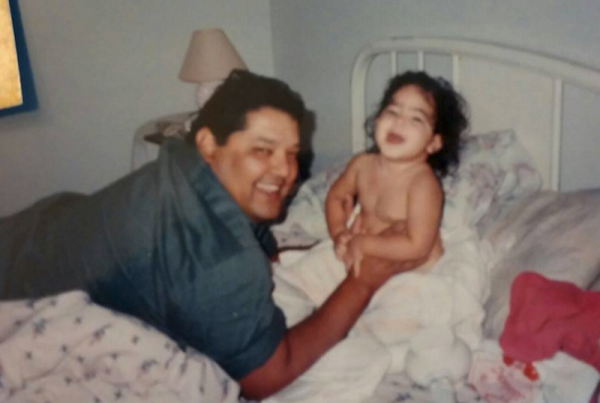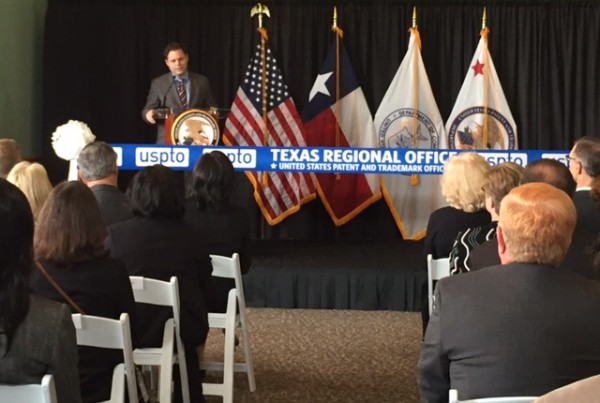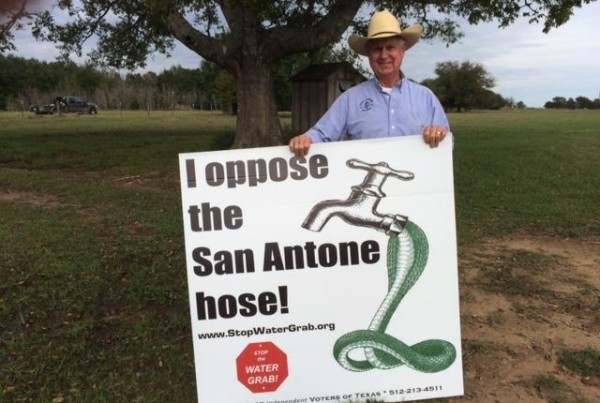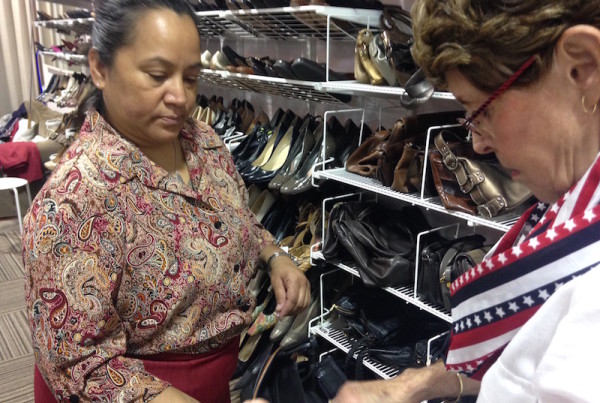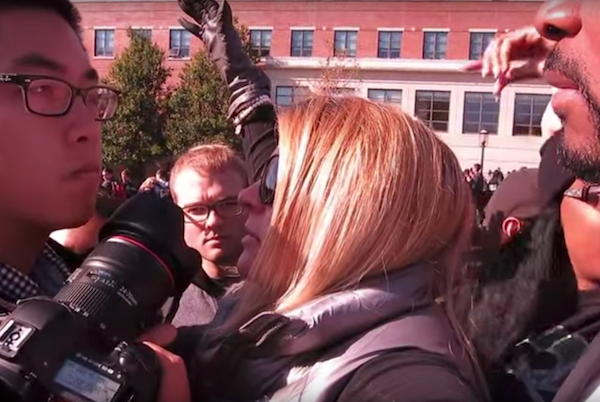The day’s top story could have implications for one of the biggest industries in Texas – college football. At the University of Missouri, there were protests going back to September against racism on campus, a social media campaign called Concerned Student 1950, and a hunger strike by a graduate student. But most folks outside of Missouri did not know about any of this until last weekend.
Few knew what was happening at MU until members of the MU football team announced they wouldn’t play another game unless the university president stepped down. And he did, along with the chancellor on Monday. Maybe it’s the proverbial straw that broke the camel’s back, but it might be something more.
Brad Wolverton, writer at the Chronicle of Higher Education, has been following the story of college football players forming their own union, with the possibility of being paid to play. As a grassroots movement about racism, he says the MU protest is one of the more interesting moments he’s seen in college sports.
It made coaches realize “we really need to make sure we’re recognizing their voices,” Wolverton says. “The football team steps in, joins arms, they really have this outsize impact on the resignation of the president of the University of Missouri.”
This situation has been a wake-up call for administrators and coaches in college athletics. “College football players and college athletes in big-revenue sports have a lot of power,” he says.
What you’ll hear in this segment:
– Watershed moments in college athletics in which players have taken a stand for themselves
– How the MU protest was different as a grassroots movement about race, rather than revenue
– The importance of the head coaches backing the players’ choice to protest


